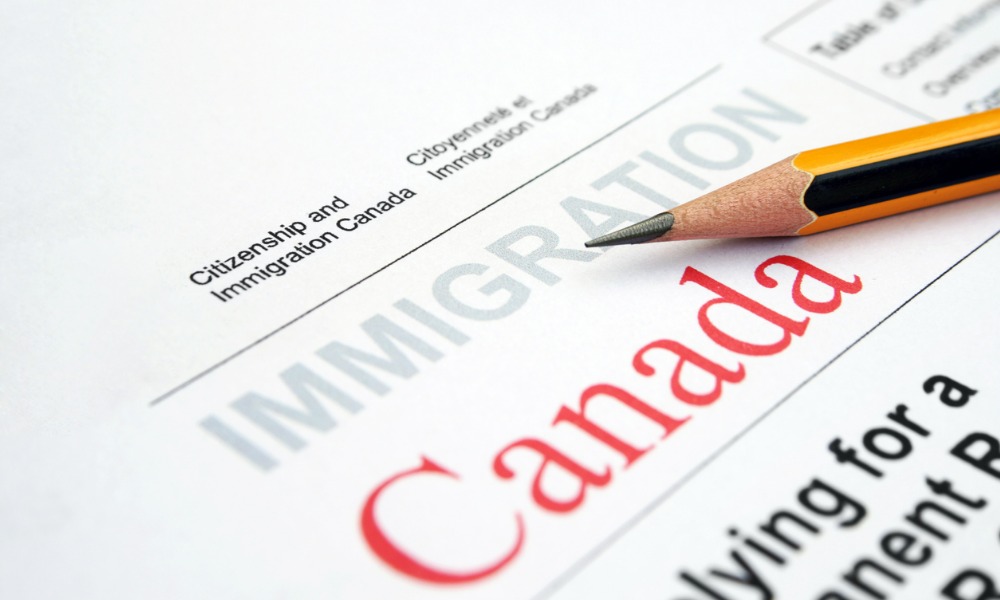Population trends could cut growth and strain Canada's budget by $50bn over five years

Economists are raising concerns about the impact of lower immigration targets on Canada’s economic growth while emphasizing the need for sound fiscal policy, according to BNN Bloomberg.
RBC’s Assistant Chief Economist Cynthia Leach and Economist Rachel Battaglia released a report on Tuesday that outlines developments since the release of the federal government’s 2024 budget in April.
The report predicts increased pressure on the federal deficit, with the 2024-25 fiscal plan facing challenges from affordability issues, slower productivity growth, and unemployment.
The economists warn that population trends will significantly affect the government’s finances.
“Lower population growth means lower total consumption and employment growth for the economy as a whole in the years ahead, restraining the expansion of the tax base and government revenues,” the report stated.
The economists project that these changes will reduce economic growth by nearly one percentage point over the next three years compared to earlier estimates.
This decline is expected to negatively impact the budgetary balance by a cumulative $50bn over five years starting in 2025.
However, the report notes that lower borrowing costs than originally anticipated in the 2024 budget will “partially offset” some of these negative effects, potentially improving the budgetary balance by $20bn during the forecast period.
“However, lower-trend population growth will be an ongoing fiscal drag, because it pulls growth from the entire economy,” the report added.
The report calls for fiscal prudence as a priority to navigate these economic challenges. It acknowledges Canada’s strong fiscal position, including its triple-A credit rating, which helps lower borrowing costs.
However, it also points to vulnerabilities, stating, “Canada is not a golden child and invincible to the shifting economic and market winds. Its gross debt level is high and more than half of it is held by provinces (which largely continue to deficit spend aggressively).”
The economists also criticised large-scale structural program spending that has been deficit-financed even during economic expansion, noting it undermines fiscal credibility and weakens fiscal anchors.
In addition to domestic concerns, the report highlights trade uncertainty linked to US policy changes under the incoming Donald Trump administration.
The economists caution that several of Trump’s campaign promises “would be negative for growth in Canada.”
The report explained, “Increased tariffs on Canadian imports to the US would be a significant drag on demand for Canadian-made goods, while lower US personal and corporate tax rates would undermine Canada’s tax competitiveness and investment prospects.”
Although the full scope of Trump’s policies remains unclear, the report stresses that US decisions could shape Canada’s spending priorities.
“US policy is also likely to dictate Canadian government spending priorities. Greater defence spending and more border patrol appear necessary for the Trump administration to reconsider tariffs, adding weight to Canada’s bottom line if we want to remain within the US trade tent,” the report said.



